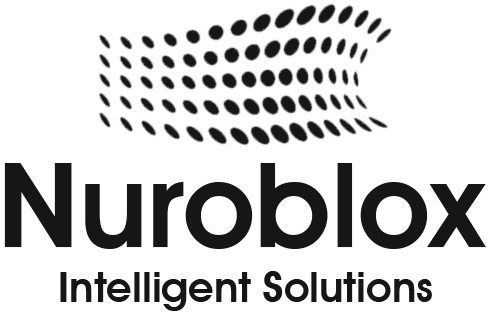AI Automation Services
- Home
- Solutions
- For Services
- AI Automation Services
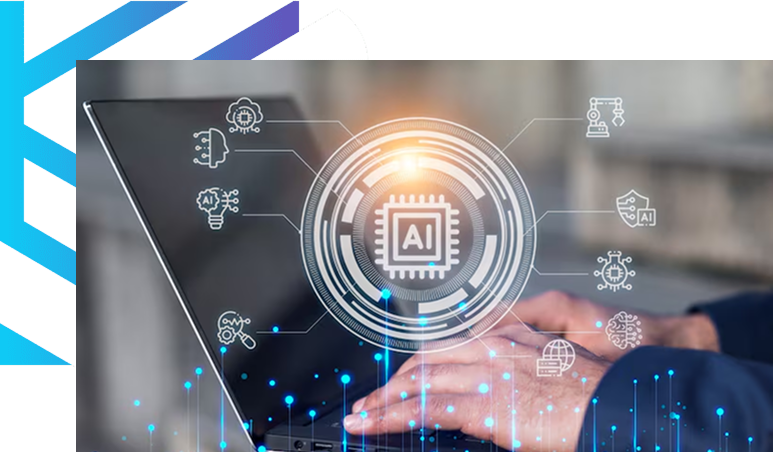
// AI Automation Services
The Role of AI-Driven Automation in the Modern Enterprise
In today’s fast-paced digital environment, AI-driven automation is reshaping business operations streamlining repetitive tasks, accelerating decision-making, and fueling innovation. Automation technologies are becoming essential components of digital transformation strategies, enabling organizations to operate with greater agility, accuracy, and efficiency.
// Strategy
Building an Automation Strategy
Laying the foundation for intelligent, scalable automation
A successful AI automation initiative begins by aligning technology investments with strategic business goals. Establishing a clear plan ensures that automation delivers measurable value across workflows and departments.
- Process Intelligence Utilize AI-powered tools to assess existing workflows, identify inefficiencies, and uncover high-impact automation opportunities. This creates a data-driven baseline for transformation.
- Automation Maturity Planning Define structured stages of adoption from pilot programs to enterprise-wide deployment. Establish governance, success metrics, and ROI targets to guide implementation and continuous improvement.
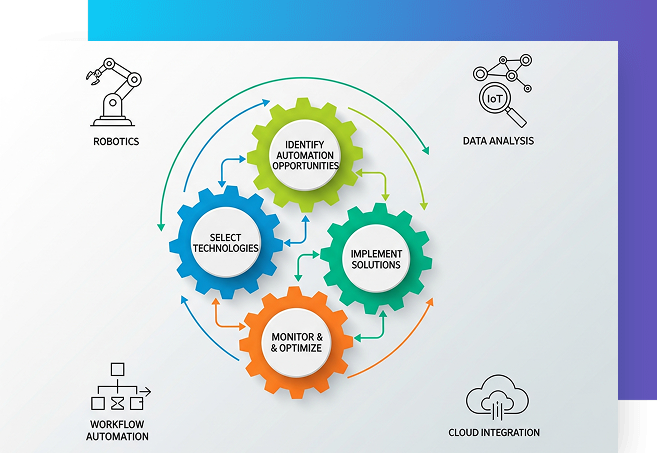
// Workflow Automation
Intelligent Workflow Automation
AI automation services enable organizations to reimagine how tasks are executed by embedding intelligence into routine operations,
enabling faster processing, greater accuracy, and reduced manual effort.
enabling faster processing, greater accuracy, and reduced manual effort.
Context-Aware Process Automation
Automate workflows that adapt based on real-time context such as customer behavior, content analysis, or transaction patterns allowing dynamic routing, escalation, or approvals without human intervention.
AI-Powered Task Assignment
Use machine learning to intelligently assign tasks or cases based on skill matching, historical outcomes, and workload balancing, ensuring better resource utilization and faster cycle times.
Automated Exception Handling
Train AI models to detect anomalies or incomplete inputs in real time and trigger corrective actions or alerts—minimizing delays and reducing the need for manual oversight in edge cases.
// Integration & Orchestration
AI Integration & Orchestration
For AI automation to deliver real impact, it must integrate effortlessly into your existing technology stack and operate in harmony with business events, systems, and data flows. Integration and orchestration ensure that AI services are not siloed but synchronized, scalable, and secure.
// use cases
Industry Use Cases
AI automation is transforming operations across diverse sectors. Organizations across industries are using AI to enhance efficiency, improve accuracy, and respond to real-time business demands.
Manufacturing
AI automation enables manufacturers to detect issues early, maintain equipment proactively, and streamline supply chain operations.
- Predictive maintenance using real-time sensor data
- Defect detection through computer vision
- Supply chain optimization with event-driven workflows
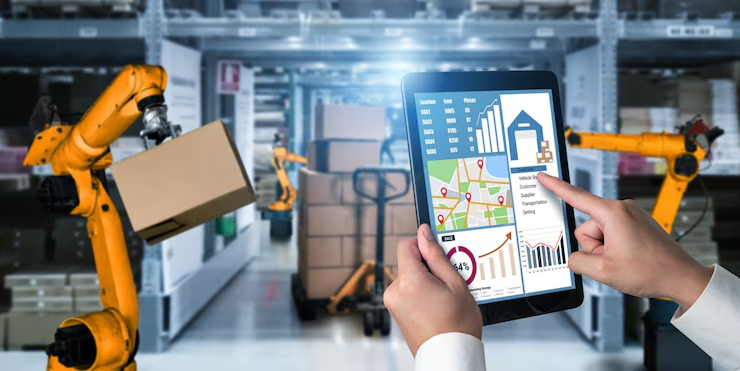
Healthcare
Automation supports healthcare providers in managing large volumes of data, reducing delays, and enhancing patient outcomes.
- AI-assisted patient triage and intake
- Claims processing automation
- Predictive care planning based on patient history

Retail & E-Commerce
Retailers leverage AI to improve customer engagement, manage inventory, and streamline order fulfillment.
- Dynamic product recommendations using AI
- Inventory forecasting and stock optimization
- Automated return and refund processing

// GET IN TOUCH
We’re Here to Assist You and Address
We’re Here to Assist You and Address
All Your Questions Anytime!
// Enablement and Support
Enabling People & Sustaining Value
Sustained success with AI automation depends not only on technology, but on empowering people to work effectively alongside it. Organizations must invest in AI education and change management to ensure teams understand and trust the tools they use. Equipping staff with the right knowledge enables smoother adoption, better collaboration, and improved results. In parallel, operational monitoring-often referred to as AIOps-is essential to maintain performance, detect anomalies, and resolve issues proactively. Whether supported in-house or through external experts, ongoing access to AI specialists for system design, tuning, and troubleshooting helps ensure that automation continues to deliver measurable value over time.

